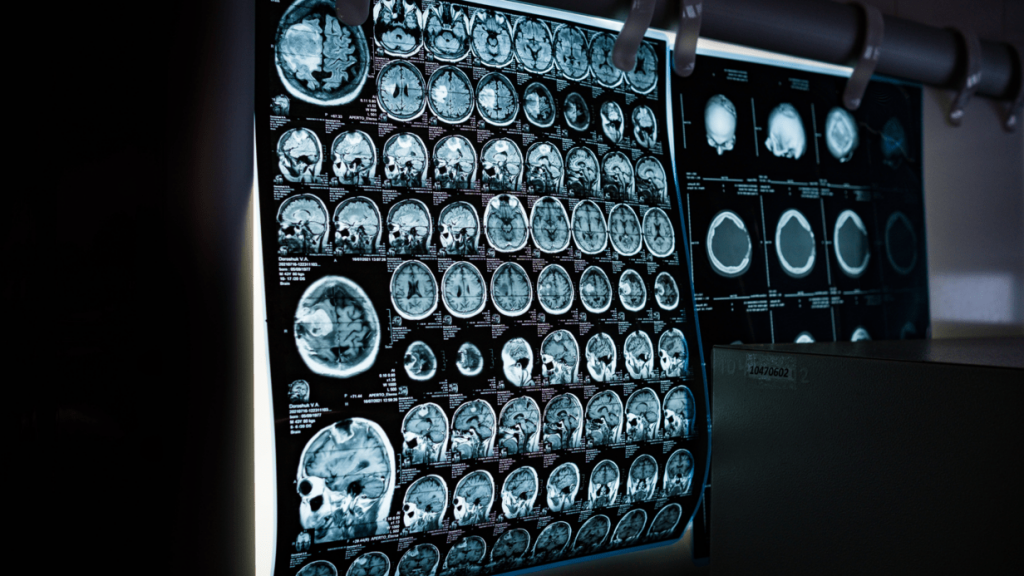
Research projects trying to crack the Alzheimer code!
Alzheimer’s Awareness is recognized in the month of January. We thought it’d be a great way to start the new year with a little recognition of some of the wonderful research being done in Alzheimer studies. Having Alzheimer’s disease is NOT a normal part of getting old. Alzheimer’s is the most common form of dementia for older people over the age of 65, accounting for 60-80% of dementia cases. Unfortunately, incidences of younger-onset Alzheimer’s are also starting to creep up, affecting those under 65.
While there is no cure for Alzheimer’s, research and studies are conducted constantly. All in the hopes of alleviating the symptoms of Alzheimer’s, stopping it in its track, or even reversing its effects. The following three researchers have earned funding from the Alzheimer Society Research Program (ASRP).
Implementing Arts + Music into Life with Dementia
There are numerous studies on the benefits of art and music for senior citizens and those living with dementia. Dr. Debra Sheets researches how these benefits are realized and looks to discover some of the best ways to design and implement a program that delivers these results. With the creation of a multi-generational choir, Dr. Sheets hopes to achieve these benefits. By bringing together people with Alzheimer’s disease, caregivers, and high school students from the local community, Dr. Sheets is studying the impact of this program, called Voices in Motion, and studies to see if the quality of life has increased for all participants.

Particularly for people with dementia, singing in a choir can help reduce symptoms, improve mood and increase connection. Giving caregivers and people living with dementia an opportunity to focus on joy and community, and less on declines, losses, and symptoms of the condition. This can boost self-confidence and esteem. Reducing isolation is a MAJOR benefit for people with dementia. Arts-based programs directed at those with dementia seem to be a cost-effective approach to reducing isolation and stigma surrounding the condition. Additionally, it also helps foster an understanding, accepting community.
Dr. Sheets and her team will be using the findings of her study with the choir to create a toolkit for organizations and individuals who would like to start their own community choir for people with dementia. This toolkit will be inclusive of all individuals who live with dementia and other forms of disability.
Dr. Debra Sheets, Associate Professor in the School of Nursing at the University of Victoria
Bio-markers of Alzheimer’s Disease

Dr. Simon Duchesne believes the best cure for Alzheimer’s is to prevent it, and that means EARLY detection. His lofty goal of predicting dementia 25 years in advance propels his research into the early diagnosis of dementia through magnetic resonance imaging (MRI). MRI uses radio waves to take detailed snapshots inside a body. It is painless and non-invasive.
By comparing MRI scans of those with the condition with those who have no dementia, Dr. Duchesne is hoping to use the differences or the “biomarkers” in the dementia brain as a prediction of the conditions years in advance. His method of discovery can be used for other forms of disease such depression and aphasia.
Dr. Simon Duchesne, Associate Professor in the Radiology Department at Université Laval
Irisin, the Exercise Hormone
We all know that exercise benefits the body in almost every way. But did you know that exercise can increase help in the creation of memories?
Dr. de Felice’s Alzheimer research focuses on a protein called irisin. Also known as the “exercise hormone” because exercise is known to boost this specific hormone. Her study (funded by the ASRP) had shown that irisin has protective mechanisms in Alzheimer’s disease. Exercise could be a potential therapy to help preserve memory for those with various dementias where recall is affected.

Decreased activity of hormones in the brain is a factor in cognitive decline. Specifically, those with Alzheimer’s disease show a depletion in irisin in the brain, and cannot form new memories. Her studies show that lifestyle choices like exercise can help keep the brain healthy and combat dementia. Therefore, physical exercise can be an intervention to help prevent or delay Alzheimer’s disease.
Dr. de Felice is well-known for her work in Alzheimer’s disease research. Her team made vital contributions in science by the discovery of links between Alzheimer’s disease, diabetes and inflammation.
Dr. Fernanda de Felice, Associate Professor in the Department of Biomedical and Molecular Sciences at Queen’s University
With passionate researchers, donations, and wonderful societies that contribute funding for their research, there is reason for hope that Alzheimer’s disease and other dementias may one day be a thing of the past.


Comments 1
Pingback: Do’s and Don'ts For Dementia Caregivers - myCareBase In-Home Senior Care